Biotechnology
Improving on nature
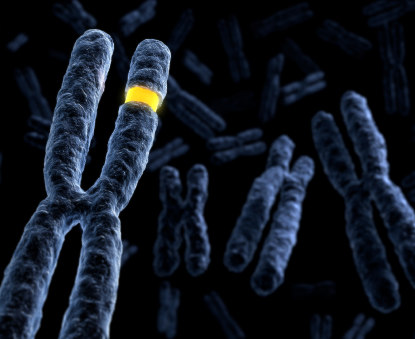
MUTAGENESIS
Where there is insufficient natural variation to achieve a desired improvement, it may be possible to create new genetic variation through the application of mutagenic agents such as chemical mutagens or radiation. These mutagens can create random changes or breaks in the DNA sequence of genes, in the same way that natural mutations occur. Induced mutations generally result in loss of function of the gene and are therefore a useful tool where it is desired to remove a function or a component of the plant.
The mutation process usually creates multiple changes randomly throughout the genome and requires subsequent breeding and selection to remove unwanted background mutations and retain only the required mutation. This screening process has recently become more efficient using genome sequencing tools to identify all mutations.
Two notable achievements have been made in modifying plant oil composition using chemical mutagenesis.
Sunflower oil, which is naturally a polyunsaturated oil rich in linoleic acid (18:2), was converted into a mono-unsaturated oil rich in oleic acid (18:1) by inducing mutations that inactivated the Fad2 desaturase gene responsible for converting 18:1 to 18:2. High-oleic sunflower is now a well-established mainstay oil in the food service sector where it provides the high stability needed for long-life deep-frying applications.
Linseed oil, which naturally has a very high content of the oxidatively unstable linolenic acid (18:3), was converted to a high-linoleic form, known as Linola™, by the simultaneous mutation of the two Fad3 desaturase genes responsible for converting 18:2 to 18:3. Linola was developed by CSIRO in Australia in the late 1980s to provide a domestic alternative to imported sunflower oil.
<-- More Biotechnology -->
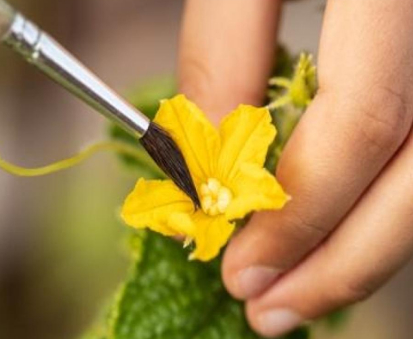
PLANT BREEDING
Conventional plant breeding involves controlled pollination followed by generations of selection within progeny for desired combinations of traits.

MUTAGENESIS
Where natural variation is insufficient to achieve the desired trait, mutagenic treatments may be used to create additional genetic variation.
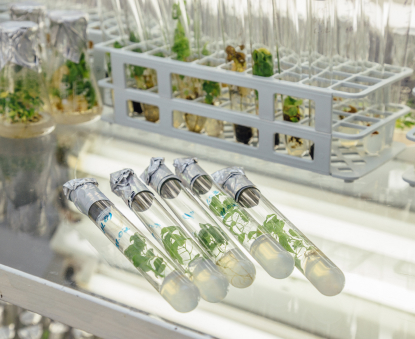
TRANSFORMATION
New DNA can be introduced to create GM plants with desired genetic traits, using either biolistics (gene-gun) or Agrobacterium transformation.
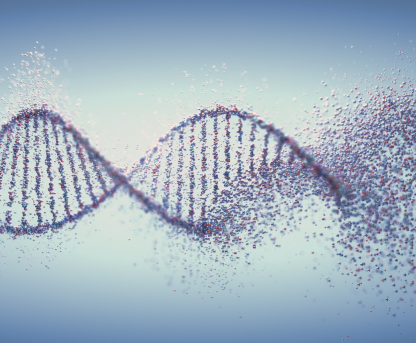
GENE SILENCING
A targeted gene can be ‘silenced’ by introducing a construct that triggers degradation of the gene’s message, preventing its translation into protein.
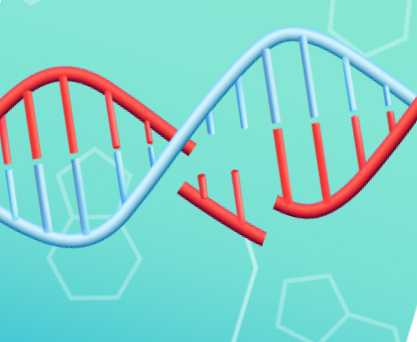
GENE EDITING
Genes can be enhanced or inactivated by using ‘molecular scissors’ to replace or remove short sequences of DNA at highly specific locations.
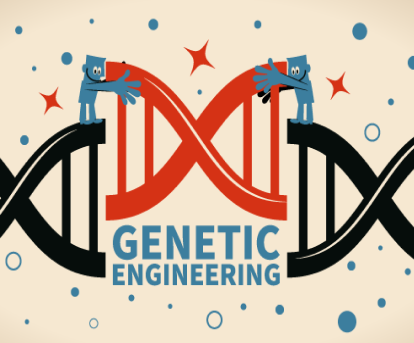
GENE ADDITION
Plants can be engineered to make new products by incorporating novel gene sets that encode specific enzymes or entire metabolic pathways.

